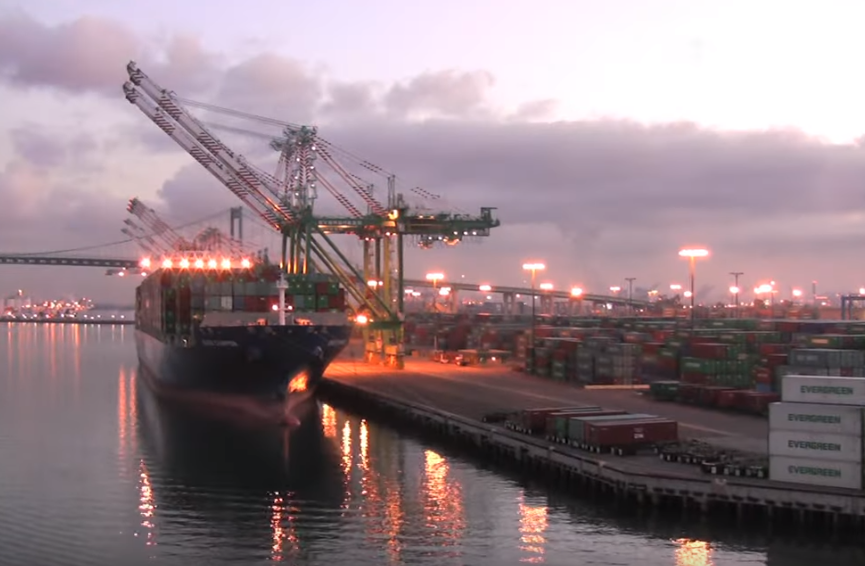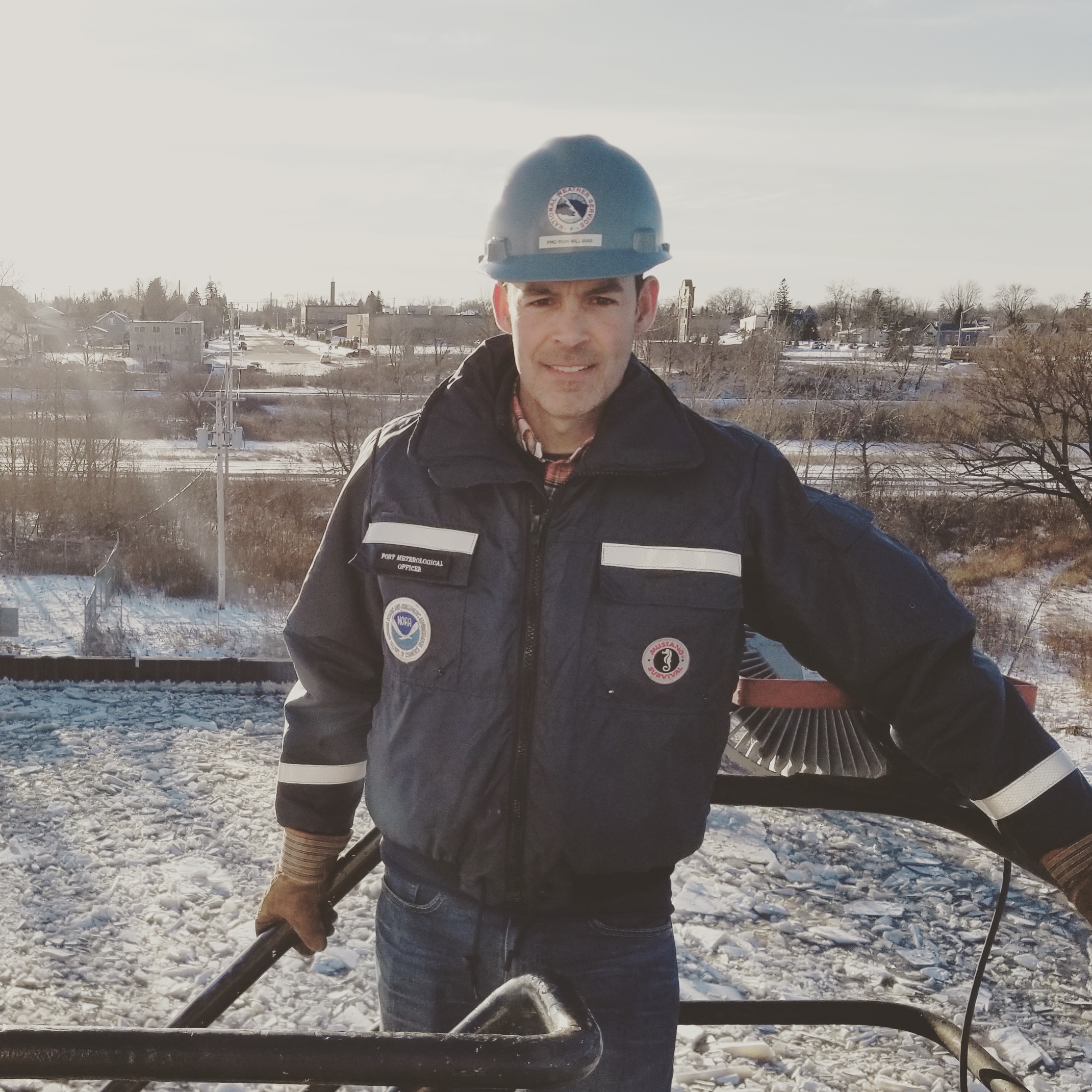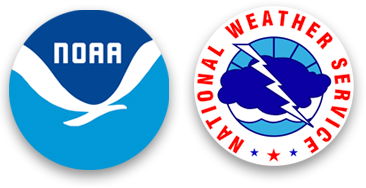The Port Meteorological Officer - National Weather Service Heritage

The Port Meteorological Officer
By NWS Heritage Projects Team (nws.heritageprojects.team@noaa.gov)The following appeared in the NWS Insider newsletter in December 2017.
On any given day, volunteer crew members on nearly 1,000 ships around the world observe the weather at their location, encode each observation in a standard format, and send the data over satellite or radio to the many national meteorological services that have responsibility for marine weather forecasts. These crews are part of a vast interconnected network of floating weather stations know as the U.S. Voluntary Observing Ship (VOS) Program.
The United States VOS Program services about one quarter of the world's VOS fleet, providing ships' crews with weather observer training, handbooks and forms, observation encoding software, barometer calibration, the Mariners Weather Log, and weather observing tools. Port Meteorological Officers (PMOs) are the VOS Program's field representatives and primary points of contact for ships.

Ron Williams, the PMO for the Great Lakes based at the Weather Forecast Office in Duluth, MN, knows that even when the weather turns cold, the work doesn’t slow on the Great Lakes, “December is a busy time of year for PMO operations here on the Great Lakes,” said Williams. “This season has experienced an unusual amount of gale and storm criteria conditions for the shipping community with long delays for crossings across the lakes.”
Liaison activities between NWS offices and ships has been on the increase with many boats looking for windows of opportunity to move their shipments. A few of the storms this past month have delayed ships up to a week. According to Williams, daily contact with shippers and individual boats to provide updated weather forecasts has been greatly appreciated by companies to make go and no-go decisions.
In addition to building relationships with the marine industry, the PMOs support observing programs aboard Voluntary Observing Ships. They are responsible for recruitment of new vessels as observers, and for ensuring the quality of observations from vessels actively participating in the program. PMOs spend a major part of their time visiting ships, primarily assisting deck officers with marine weather observation practices, weather codes, and report transmission procedures. They distribute observing forms, handbooks, and operating instructions, in addition they also calibrate some of the weather instrumentation.
“Weather reports have been steady through December with nearly nine thousand submitted. Reported wave heights have been stressed to observers and we have made great strides in getting them to report on most all observations,” said Williams. With PMOs like Williams on the job, we can be assured that the U.S. VOS Program will continue to provide valuable observations used to validate and supplement the marine program in the U.S.
To learn more about the VOS program, a 13-minute YouTube video is available at https://www.youtube.com/watch?v=sJYFaPfJlW8 .
